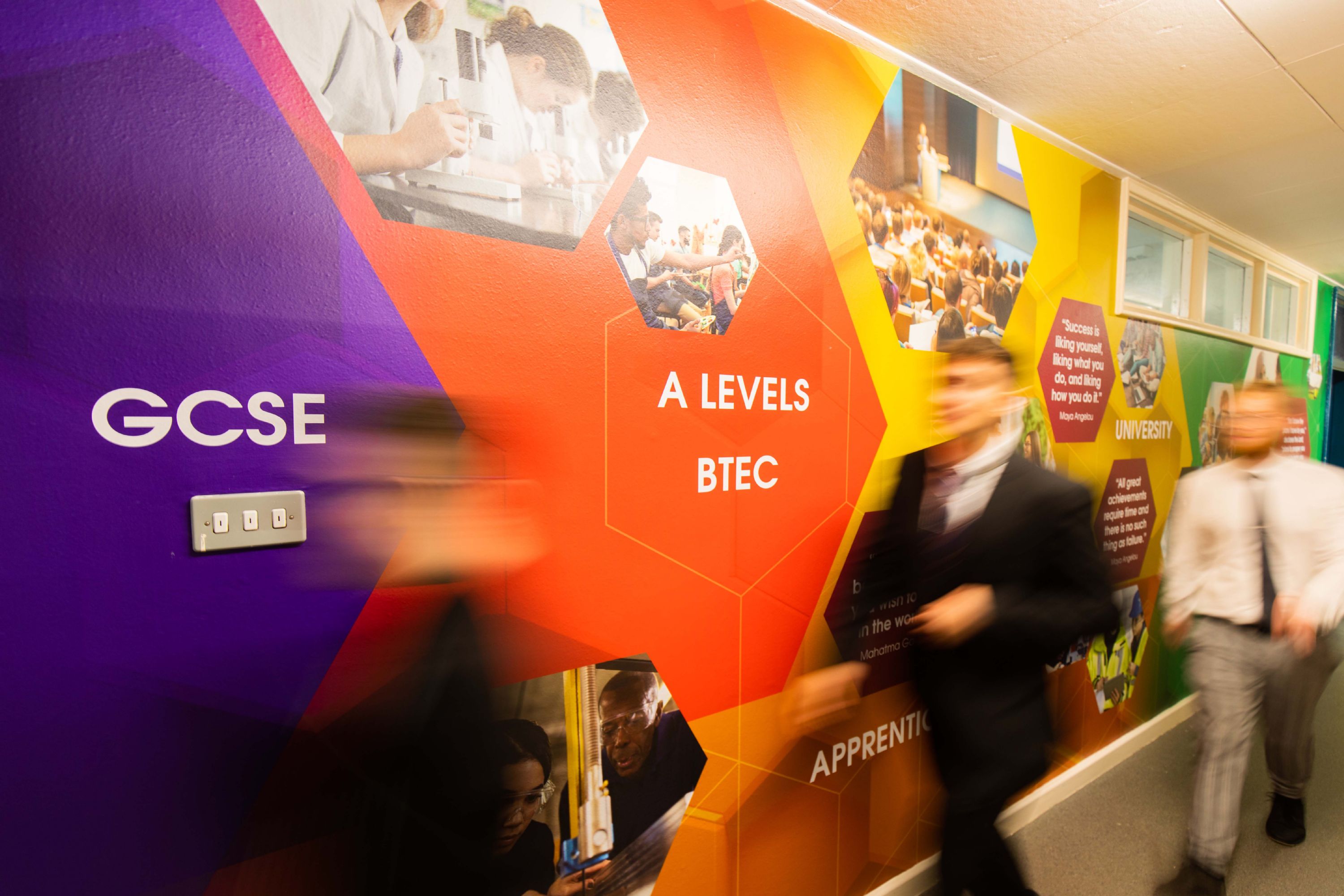Anthem welcomes new recommendations for a modernised, world-class curriculum
.jpg)
Leaders welcome plans to strengthen students’ access to financial literacy, Triple Science and debating skills.
A once-in-a-generation review of what children and young people learn in school and how they are assessed has been published today.
The first major overhaul of the curriculum in England in over a decade, the Curriculum and Assessment Review (CAR) was carried out by Professor Becky Francis and makes a total of 22 recommendations.
It says that Citizenship education should be made mandatory in primary schools so that every child is taught important content including financial literacy, digital literacy and tackling misinformation.
In secondary schools, it says that all young people should have an entitlement to be able to study Triple Science at GCSE - currently only 13% of young people from disadvantaged backgrounds take Triple Science, compared to 28% of those not disadvantaged.
Anthem CEO David Hatchett welcomed Citizenship education in primary schools, as well as the entitlement to a Triple Science experience for pupils in Key Stage 4.
He said: “For too long, the study of biology, chemistry and physics as separate qualifications, has been the option of choice only for students in independent, fee-paying schools and more affluent pupils in state schools.
“This is an important step in the right direction and recognises the potential of all students, particularly those that are disadvantaged and/or have challenges to overcome.”
The review also says that there should be greater emphasis in school on five key 'life skills': financial literacy, digital literacy, media literacy, oracy or debating skills and education on climate change and sustainability.
Commenting on this recommendation, David Hatchett said: “The recognition of both oracy and financial literacy as part of a modernised curriculum is particularly important. It is essential that young people are explicitly taught the knowledge and skills of how to communicate, debate and argue effectively and respectfully.”
David, who is also a trustee at the English-Speaking Union, added: “Strong oracy skills really help shape someone’s character and, when taught and experienced well, enable young people to flourish in and beyond education, and into the world of work.”









